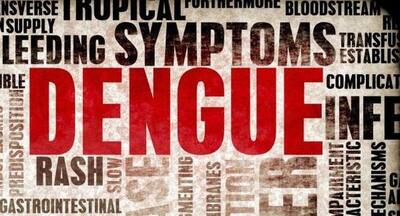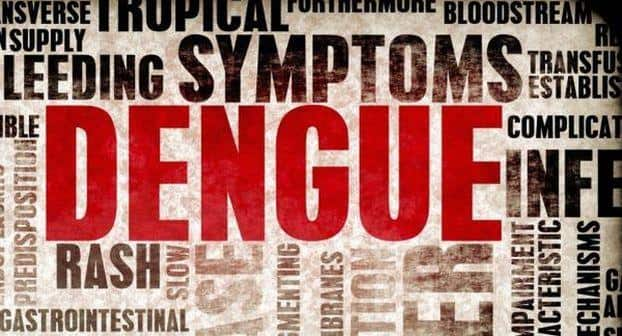Don’t Miss Out on the Latest Updates.
Subscribe to Our Newsletter Today!
Blood banks fall short of platelets as number of dengue cases continue to rise

 Dengue cases in India are on the rise. The total number of cases in Odisha itself has crossed the mark of 2,000. In the month of September, a 36% rise in total dengue cases in Delhi was reported within a week. Besides, this year s first dengue death case in Delhi has been reported. With a sudden spike in dengue cases, blood banks in almost all parts of the country are grappled with the increasing demands of platelets.
Dengue cases in India are on the rise. The total number of cases in Odisha itself has crossed the mark of 2,000. In the month of September, a 36% rise in total dengue cases in Delhi was reported within a week. Besides, this year s first dengue death case in Delhi has been reported. With a sudden spike in dengue cases, blood banks in almost all parts of the country are grappled with the increasing demands of platelets.
Doctors and health experts are now worried about severe scarcity of platelets this year. Experts also noted that earlier malaria used to be the underlying reason for scarcity of platelets, which has now been overtaken by dengue.
Platelets are a crucial component of the blood, which are involved in blood clotting process. The platelet count in healthy individuals is about 1.5 lakh to 3 lakh. In dengue fever, the count can drop to as low as just 10,000- 20,000, which calls for immediate platelet transfusion. For collection of platelets, healthy donors are required. Collection can be done in two ways. A single donor platelets (SDP) involves a machine that extracts platelets from the donor's blood during the process of donation, and the remaining blood is pumped back to the donor. Inrandom blood platelets (RDP), platelets are extracted from blood that is already being collected at blood banks.
Also Read
Why is there a sudden surge in demand for platelets?
Experts note that the sudden rise in dengue cases could be due to environmental changes. Factors like intermittent and unpredictable rains and humidity could have lead to change in vector transmission. Apart from that, here are a few more reasons why need for platelets has increased.
- Hospitalisation cases for dengue have gone up. Many people are suffering from severe form of dengue.
- There is a need for increased awareness about increasing platelet demands with a lack of blood and platelet donors. People, in general, are reluctant to donate their platelets. Your blood cells take 3 months to regenerate after a single donation episode but your platelets will regenerate in a span of 15 days after making a donation. Therefore, healthy people should actively come forward and donate their platelets.
- In many hospitals available platelet stores are being misused. Platelet infusion is being carried out even when the count is between 40,000 and 80,000, which should not be done. Platelets should be administered only when the count has dropped to 10,000 or below. Platelet count should be monitored regularly in dengue patients.
Characterized by severe flu-like symptoms, dengue affects infants, children and adults alike and could be fatal. The clinical manifestations of dengue vary with the age of the patient. A person suffering from high fever in the range of 40 C/ 104 F, accompanied by any two of the following symptoms could be suffering from dengue:
- Severe headache
- Pain behind the eyes
- Nausea, Vomiting
- Swollen glands
- Muscle and joint pains
- Rash
Symptoms usually last for 2-7 days. Dengue could progress to severe dengue, a potentially fatal complication, causing leaking of plasma, fluid accumulation, respiratory distress, severe bleeding and organ impairment.
The warning signs to look out for occur 3-7 days after the first symptoms along with a decrease in temperature are:
- Severe abdominal pain
- Persistent vomiting
- Rapid breathing
- Bleeding gums
- Blood in vomit
- Fatigue, restlessness
The next 24-48 hours of the critical stage can be lethal; proper medical care is needed to avoid complications and risk of death.
Image source: Getty images
You may also like to read:
- Can papaya leaves help cure dengue?
- Prevent dengue with these 10 practical tips
- Dengue fever: Symptoms, medication and prevention
For more articles on dengue, visit our dengue section. Follow us on Facebook and Twitter for all the latest updates! For daily free health tips, sign up for our newsletter. And for health-related queries, visit our Questions and Answers section.


